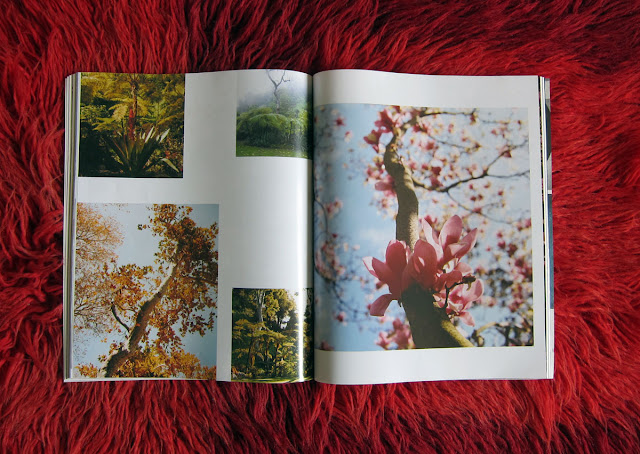A curious mix of nature and structure, Los Angeles is the place where glorious sunshine surrounds the darkness of failed ambitions. Young men and women arrive with stars in their eyes, only to end up serving coffee in Starbucks. Real time stars run from the paparazzi, but go home to expose themselves on Twitter and reality television.
Reyner Banham’s seminal book on Los Angeles “
The Architecture of Four Ecologies” could be updated with a fifth ecology, Vanitopia. Ambitionville? Los Angeles is a metropolis planned by infrastructure and guided by celebrity. Mulholland Drive, was named after chief water engineer William Mulholland who devised L.A.s reservoir system.
David Lynch made a movie with the same name, about an actress waitress’ paranoid hallucinations in Los Angeles.

Case Study House attempts to sum up a portrait of Los Angeles as a city of infrastructural crisis, impending disaster and celebrity paranoia.
The first gesture on the site is purely infrastructural: The site line is offset into a thick, double layered concrete base that turns the lower part of the property into a water basin, a reservoir.

On a thunderous February night, a mudslide is imagined and part of the basin fills with earth, forming an impromptu beach. Under the beach lie a four car garage, and a system of corridors to bunker windows and surveillance paraphernalia.
Above the reservoir, fiction suddenly takes over and the concrete hand of a giant girl angrily punches through the little mountain of Wetona Drive.
By studying the cave that was formed, we understand that the punch came from the direction of the Hollywood sign. Now the gigantic hand has calmed down, and appears to be coming out of the water, elegantly holding a serving tray, as if the statue of Liberty became a waitress and her hand holds up a building, perched over the cliff like a billboard.


The house occupies this serving tray and the punched-out cave, two distinct, almost bipolar parts, connected by the reservoir. The mudslide reservoir has now turned into a large swimming pool, complete with its own sandy beach. The billboard, the infrastructural support, the beach and the unrequited narcissism of fame tumble together into a house. All the parts of the Los Angeles portrait are now in place, and the result manages to equally reference Charles Jencks’ postmodernist manifesto on roadside curiosities “
Bizarre Architecture” (Rizzoli 1979), Jim Heimann's
Califrnia Crazy as well as
Kazys Varnelis’ “The Infrastructural City” (Actar 2009).

The section of the house that sits on the tray is reserved for social interaction and networking. The Glass box represents the moment when the celebrity exposes herself to the paparazzi, like the young actress who posted photos of her new haircut on twitter while pretending to avoid the paparazzi, who her agent alerted to where she was anyway. The Glass box sits on the concrete platform as a forgotten piece of infrastructure, perhaps part of a crane from the LA harbor, though the only thing it holds up right now are gauze thin curtains to tease the helicopter paparazzi flying by, hoping to get a snap of the resident celebrity.

A staircase leads down from the social platform, onto the beach and back into the cave section of the house. There, a large living area mixes dining, lounging, reading and perhaps working; while the back opening of the cave leads up to a great view of the Hollywood sign. Two large manufactured boulders organize the space into segments, while hosting service areas inside their hollow volumes. Behind the boulders are doors to excavated bedrooms, places of total isolation and darkness.

The House acts as a psychological ecosystem where internet era social practices coexist with infrastructural references and a history of natural disasters. The residents enjoy total privacy together with total exposure, a day on the beach and a night in the cave, the entire city of Los Angeles abbreviated like a Twitter post inside the limits of their property.
published in
PINUP Fall2010
Angelidakis Studio
Design team
Andreas Angelidakis,
Sotiris Vasiliou
Thanks to David Hargrove for site photos




































